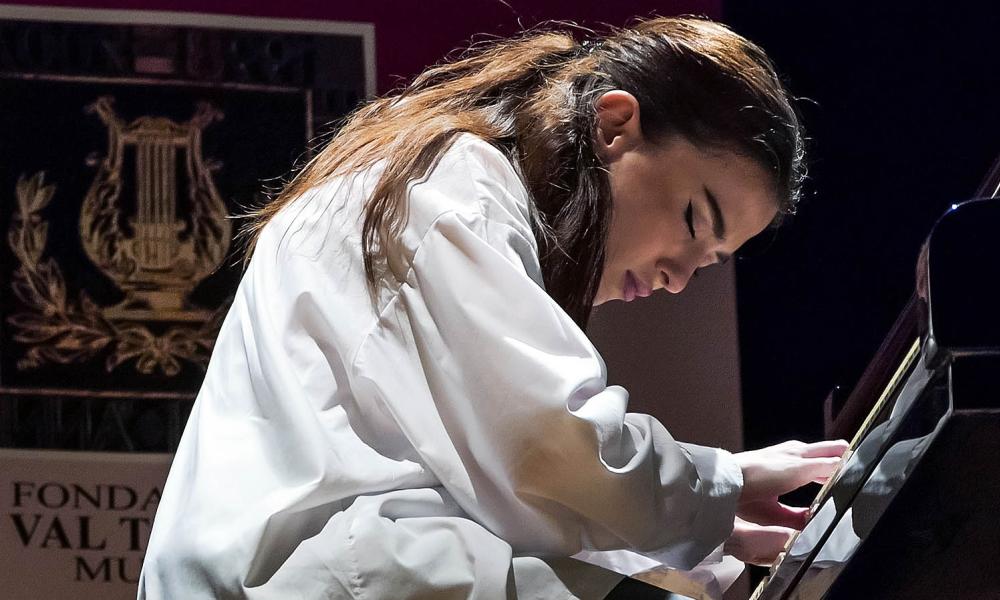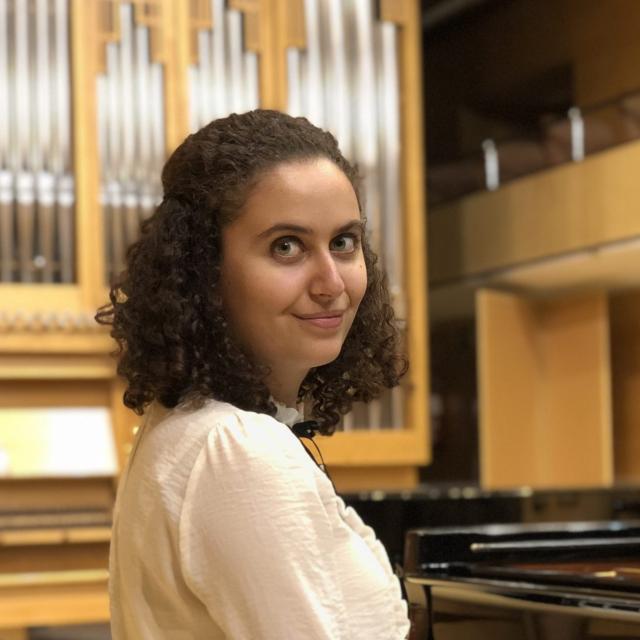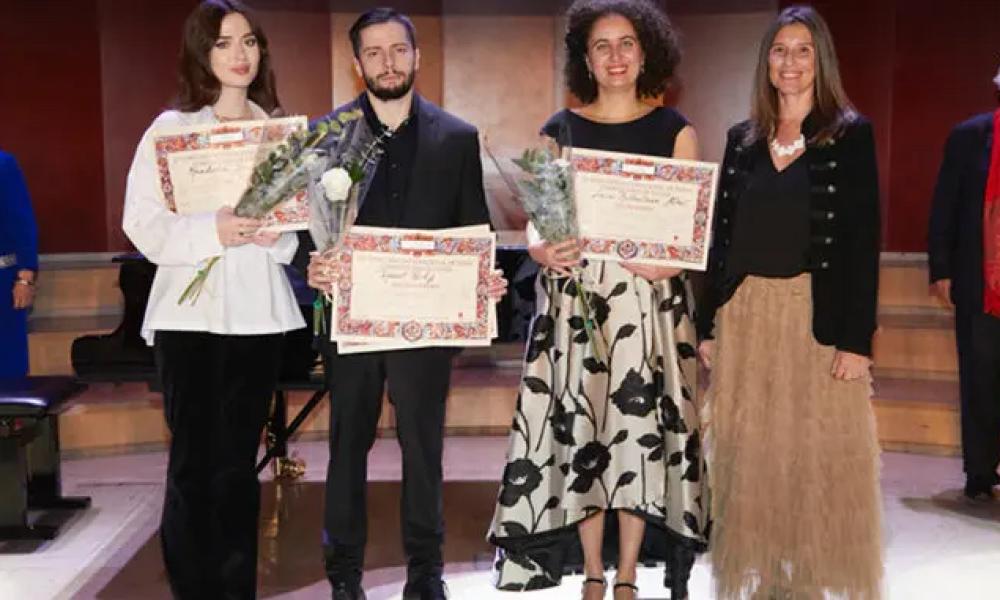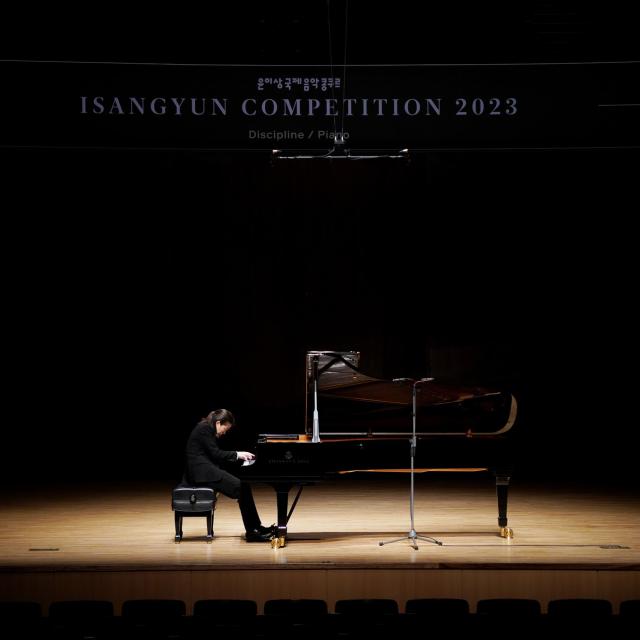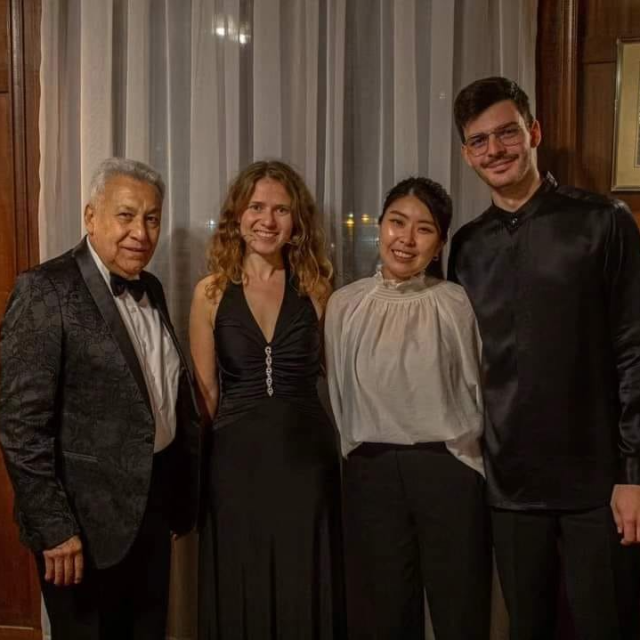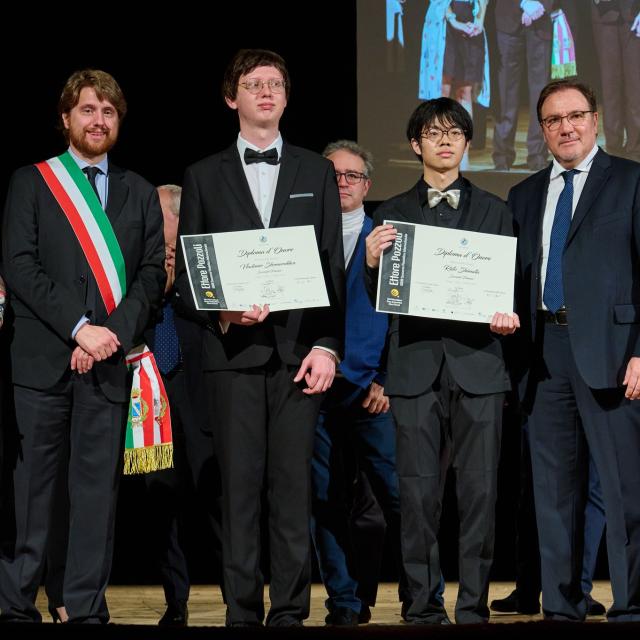The Jury then awarded Second Prize to the 26-year-old pianist Robert Bily and Third Prize to Laura Ballestrino. As for the prize for Best Performer of Spanish Music, it also went to Robert Bily.
In this 23rd edition of the CIPCE, which paid tribute to the great Spanish composer Manuel de Falla, conductor Mariusz Smolij and the Orquesta Internacional Virtuosos de Madrid were in charge of putting the finishing touch to the competition.
The International Jury, presided by Hannfried Lucke was formed by nine personalities from the world of music: Johannes Kropfitsch, Natalia Lamas, Marian Lapsansky, Alexander Mullenbach, Gisele Nacif, Miguel Ángel Tapia, Mariusz Smolij and Fabio Witkowski.
All of the candidates highlighted the extraordinary quality of the contestants and their high musical level.

